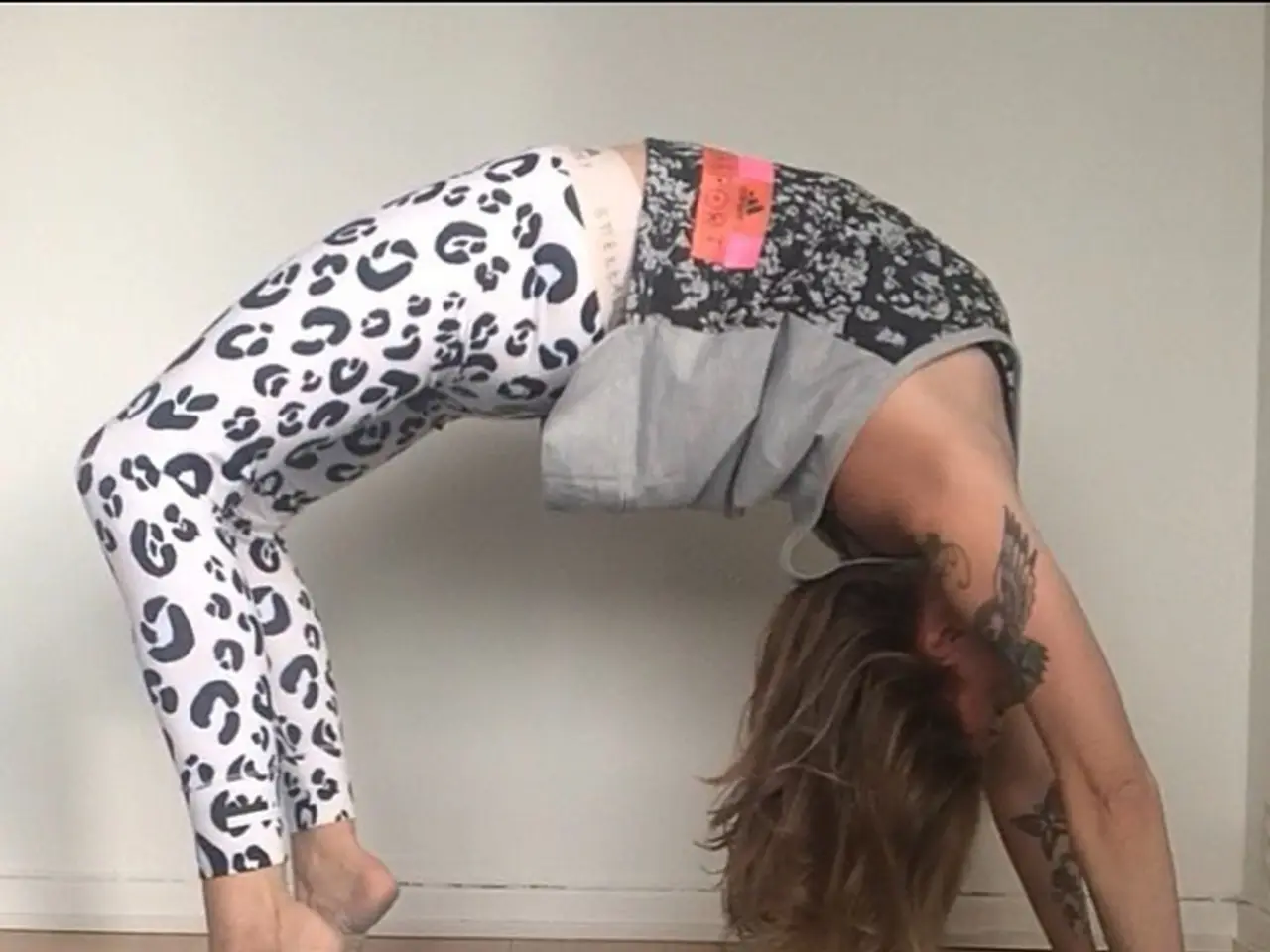Calming Yoga Postures to Reduce Stress: Discover 9 Stress-Relieving Pose to Alleviate Tension
In today's fast-paced world, stress has become a daily reality for many, with long work hours, social obligations, family responsibilities, and an ever-growing to-do list contributing to this constant state of tension. However, relief doesn't always require a prescription, an expensive wellness retreat, or high-end equipment. Yoga, an ancient practice that addresses the mind and body as a whole, offers a gentle yet powerful way to manage stress naturally.
The stress-relieving benefits of yoga are rooted in several scientifically supported physiological and psychological mechanisms. Yoga stimulates the parasympathetic nervous system—the body's "rest and digest" mode—which helps counteract stress by calming the nervous system. This reduction in nervous activity results in lower cortisol levels, the primary stress hormone, leading to reduced anxiety and improved mood.
Regular yoga practice also increases the production of endorphins (natural mood elevators) and gamma-aminobutyric acid (GABA), a neurotransmitter that reduces anxiety. Breath control (Pranayama) and meditation, common practices in yoga, further contribute to stress reduction by promoting mindful breathing and meditation, which enhance mental clarity, self-awareness, and emotional regulation. These practices have been linked to positive structural changes in the brain that improve stress management.
Yoga's physical postures also play a significant role in stress relief. These poses help release muscle tension, improve posture, flexibility, and strength. The release of physical tension complements mental relaxation, creating an overall state of calm and resilience to stress. Poses such as the Seated Forward Bend (Paschimottanasana), Corpse Pose (Savasana), Bridge Pose (Setu Bandhasana), Supine Twist (Supta Matsyendrasana), Standing Forward Fold (Uttanasana), and Reclining Bound Angle (Supta Baddha Konasana) are particularly effective in relieving tension in various parts of the body.
Moreover, yoga fosters mindfulness—the ability to stay present and aware of one’s body and emotions—which helps break the cycle of emotional eating and promotes healthier coping mechanisms. Improved sleep quality and cognitive performance, achieved through yoga practice, further contribute to stress resilience.
In summary, yoga's stress-relieving effects arise from its combined impact on the nervous system, hormone regulation, neurochemistry, physical relaxation, and the cultivation of mindfulness, enabling practitioners to manage stress more effectively and maintain emotional balance. Practicing yoga consistently can lead to measurable improvements in physical and emotional well-being, including lowering blood pressure and heart rate, improving sleep quality, reducing muscle tension and pain, calming the mind, enhancing emotional resilience, and promoting a peaceful way to unwind.
So, whether you're looking for a quick stress-reliever after a long day or a consistent practice to improve your overall well-being, yoga provides a simple, accessible, and effective solution. With a variety of poses to choose from, you can easily incorporate yoga into your daily or weekly routine, finding relief from stress right in the comfort of your own home.
Yoga's stress-relieving effects stem from an increased production of endorphins and GABA – neurotransmitters that elevate mood and reduce anxiety – as well as the stimulation of the parasympathetic nervous system, which promotes mental health by calming the nervous system and lowering cortisol levels. Furthermore, the practice of yoga encourages mindfulness, aiding in emotional regulation, healthier coping mechanisms, and improved sleep quality, all of which contribute to better mental health and overall well-being.




